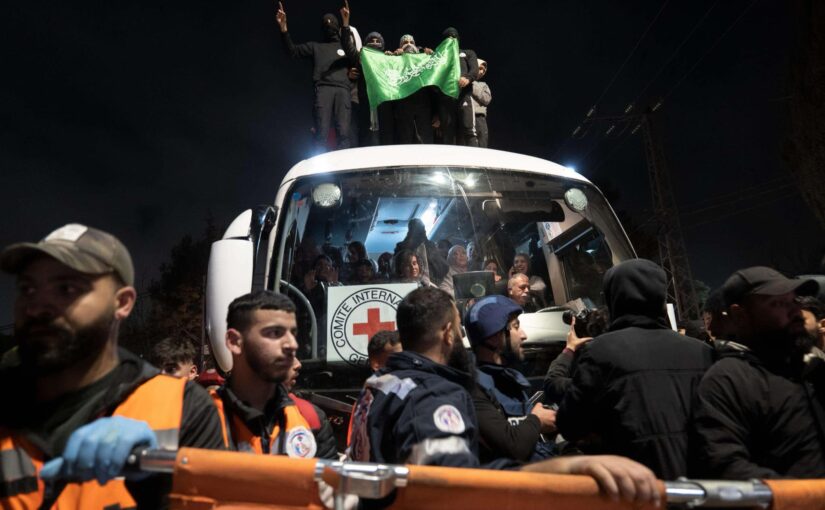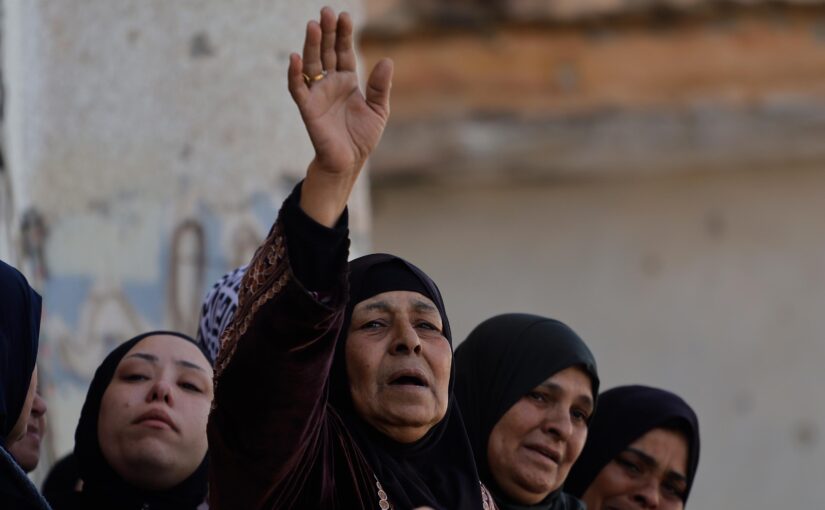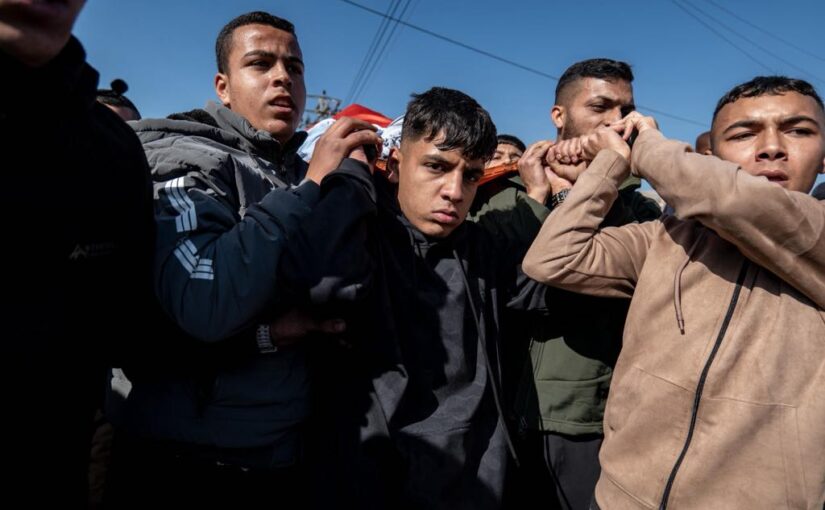Category: Features
-
The Release of Prisoners and the Ceasefire in Gaza
By: Diana Khwaelid21 January 2025 After a year and two months of suffering, displacement and genocide, the ceasefire heralds great joy on the streets of Palestine. But with Israeli forces stepping up aggression in the West Bank, Palestinians fear the war of annihilation has not ended, only moved. Ramallah, West Bank — Celebrations bloomed in…
-
Twelve martyrs in Jenin camp in less than 20 hours
Jenin — West Bank – By Diana Khwaelid The Israeli occupation forces are seriously escalating in the West Bank, in particular in its Northern regions. In the Jenin camp, an Israeli aerial bombardment targeted six Palestinians including three brothers, and a child no older than 15. On the evening of Tuesday, January 14th, an Israeli…
-
Israel Targets Palestinian Youth in the West Bank
Nablus – West Bank By: Diana Khwaelid What will happen to the next generation of youth if Israel continues to target and kill Palestinian children? The Palestinian people are enduring a difficult period, one that mirrors the challenges faced during the First and Second Intifadas, perhaps even more so. This struggle has only intensified since…



